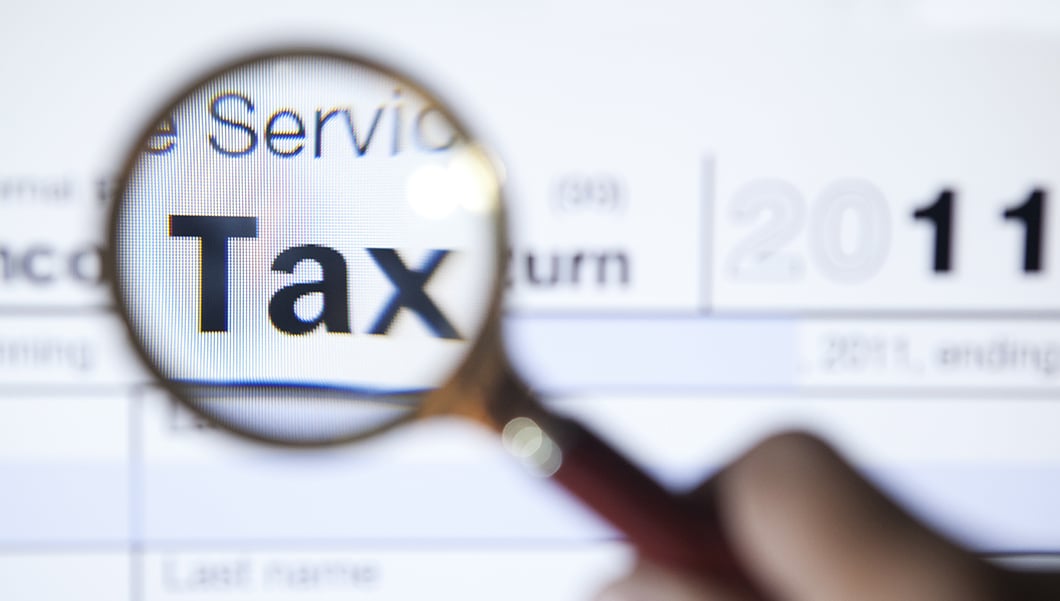
Tax E-News May 2015
MANIFESTO TAX POLICIES OF THE MAIN NATIONAL POLITICAL PARTIES
As it is an election year we thought that in this issue we would outline the tax policies of the main national political parties as set out in their manifestos to help you make your decision on 7th May 2015. As history has shown manifesto pledges do not always turn into reality after the election. There are also many other policies other than taxation that should be taken into consideration before you cast your vote.
A common theme from all of the parties is that they will increase tax revenues by cracking down on tax evasion and aggressive tax avoidance.
As announced in the Budget, the Conservative Party promise to increase the tax-free Personal Allowance to £12,500 and the 40p Income Tax threshold to £50,000.
The Conservatives will pass a new law so that nobody working 30 hours on minimum wage pays Income Tax on what they earn. At £8 an hour that would be £240 a week, or £12,480 a year. They also state that there will be no increases in VAT, National Insurance contributions or Income Tax.
The Manifesto states that they will set a new, significantly higher and permanent level for the Annual Investment Allowance, which will be welcomed by businesses.
The Conservatives also pledge to take the family home out of tax for all but the richest by increasing the effective Inheritance Tax threshold for married couples and civil partners to £1 million, with a transferable main residence allowance of £175,000 per person in addition to the existing £325,000 nil rate band. This will be paid for by reducing the tax relief on pension contributions for people earning more than £150,000.
Labour will reinstate the 50% tax rate for income in excess of £150,000 to help get the deficit down. They will also abolish the beneficial tax rules for non-domiciled individuals so that if they are a UK resident, they will pay UK tax on their worldwide income and gains. In a measure to counter tax evasion, Labour will require Crown Dependencies to produce publicly available registries of the real owners of companies based there.
Labour also pledge not to increase the basic or higher rates of Income Tax, National Insurance or VAT. They will however reintroduce a lower 10p starting rate of tax, paid for by ending the recently introduced transferrable Married Tax Allowance.
They also promise not to extend VAT to food, children’s clothes, books, newspapers or public transport fares. Labour will cut tuition fees from £9,000 to £6,000 a year, funded by restricting tax relief on pension contributions for the highest earners and a Mansion Tax.
Labour state that they will put small businesses first in line for tax cuts. Instead of cutting Corporation Tax again for the largest firms, they will cut, and then freeze business rates for smaller business properties.
The Liberal Democrats aim to rebalance the tax system away from taxing work and towards unearned wealth. Like the Conservatives, they will raise the personal allowance to at least £12,500, and they also say there will be no increase in the headline rates of Income Tax, National Insurance, VAT or Corporation Tax.
The Lib Dems pledge to introduce a new Mansion Tax on residential properties worth over £2 million. They also propose reforms to Capital Gains Tax and Dividend Tax relief, refocusing Entrepreneurs’ Relief and additional taxes on the banking sector.
They will establish a review to consider the case for introducing a single rate of tax relief for pensions, which would be designed to be simpler and fairer and which would be set more generously than the current 20% tax relief.
UKIP plan to save £9 billion a year in direct net contributions to the European Union budget by leaving the EU. That will enable them to raise the personal allowance to at least £13,000 and raise the threshold for paying 40% income tax to £55,000. They also propose a new intermediate tax rate of 30% on incomes ranging between £43,500 and £55,000.
A more radical idea is to abolish inheritance tax completely. UKIP also pledge to remove VAT completely from repairs to listed buildings and the sale of sanitary products.
GREEN PARTY TAX POLICIES
The most radical tax policies are those proposed by the Green Party, such as increasing the main rate of corporation tax back to 30% and the top income tax to 60%. They would also abolish the CGT annual exemption. Like the Lib Dems, the Green Party would also introduce a Wealth Tax at 2% a year on those with more than £2 million capital and use this to reduce employers’ NIC to 8%.
In order to stimulate tourism and the restaurant business, the Green Party would reduce the rate of VAT of restaurant food and hotel accommodation to 5%.
CONFIRMATION OF INCOME FOR MORTGAGE PURPOSES
Many mortgage lenders now request a copy of the official HMRC tax calculation (SA302) as confirmation of income. As the result of lobbying from the accounting profession, there has been a change of heart. From January 2015, self-employed individuals with a self assessment online account can provide proof of their income by downloading copies of their Tax Calculation and their Tax Year Overview from the HMRC online service, which will be the evidence they need to support a mortgage application.
As your agents, we can print these documents on your behalf; these are acceptable to support your loan or mortgage application. There is still a conflict between planning to minimise income for tax purposes and declaring a higher level of income to support a mortgage application so let us know if you are planning to apply for a new mortgage.
Guide to selling your business
Your simple guide to helping you maximise the value in your business.
Sign up to receive alerts
Call us on 01628 770 770 for a no-obligation chat
You may also be interested in...
New Companies House filing requirements under the Economic Crime and Corporate Transparency Act (ECCTA) 2023.
What’s happening? The ECCTA received Royal Assent in October 2023 and gives more powers to Companies House to play a more significant role in tackling economic crime and supporting economic growth. Introduction of new laws under the ECCTA will be…
Companies House Filing Fee Increases from May 2024
From Wednesday 1st May 2024 the revised Companies House filing fees will come into effect. The change comes following The Economic Crime and Corporate Transparency Act 2023 which allows Companies House increased powers to ensure accuracy, verify the…
April 2024 – Tax News
Happy new tax year In this April issue we highlight some of the key tax changes that take effect from the start of the new tax year. Unfortunately, most of the income tax and national insurance thresholds continue to be frozen, resulting in an…



